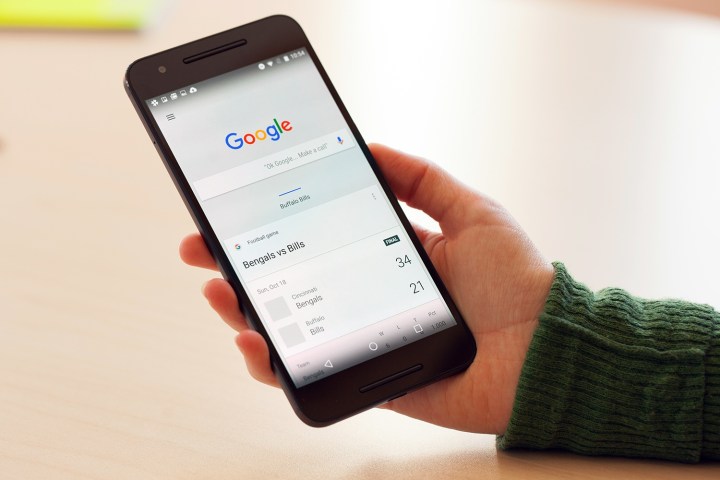
Google often publishes documentation related to upcoming projects, and these new documents hint at its plans to seriously boost the capabilities of your phone’s personal assistant.
To train the new system, the team basically used 2,000 hours of recorded and anonymized Google voice search traffic, totaling as many as 100 million requests. The team also added background noise from YouTube to make it closer to real life.
Using a variety of computational models, the team was able to come up with a voice system that not only runs from the user’s smartphone, but runs seven times faster than the current version of Google Now on the Nexus 5. The new version of Google Now does all this, and it only takes up 20.3MB of storage, a negligible amount when most phones have at least 8GB or 16GB of onboard storage.
As is the case with a lot of recent Google research, the system is based on machine-learning, in which the software is able to learn as it goes, getting acquainted with the user and the user’s preferences
The system is similar to the previous version of Google Now in that it’s able to handle proper names and other information that will be specific to your device. For example, your set of contacts is going to be different than another user’s contacts. When asked to do something like send an email, the system will transcribe the command and store it, then execute it later when the user is back online.
It will certainly be interesting to see what the future of Google Now holds. A lack of offline functionality is one of the main frustrations most people have with the current version of the assistant, and offering at least some offline functionality will be very helpful.
Editors' Recommendations
- Here’s how Apple could change your iPhone forever
- We may have just learned how Apple will compete with ChatGPT
- Don’t update your Google Pixel phone — you might break it
- I used to love the Google Pixel Fold. Now, I’m not so sure
- Google is killing your passwords, and security experts are (mostly) happy
